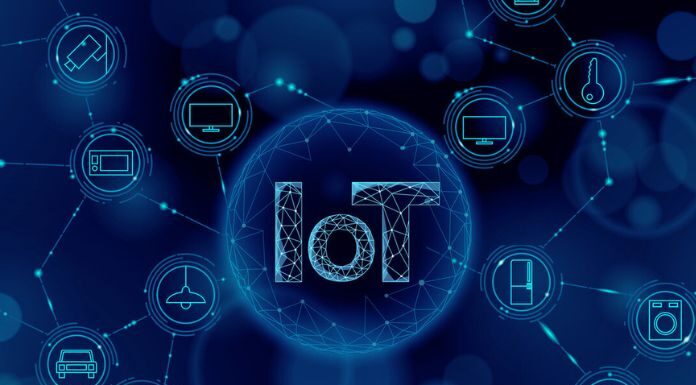IoT Impacts: The IoT (Internet of Things) is changing and revolutionizing our business. By connecting devices and sensors to the internet, machines become smarter.
We are entering an era where data analytics, connectivity, and automation create innovations and breakthroughs previously out of reach, enabling companies to create more value.
As Industry 4.0 gains more attention, we see IoT devices and embedded systems becoming more and more prevalent in our daily lives. With this promising future in mind, many sectors have begun integrating IoT technology into their processes and products. Companies that understand the potential of IoT will be the main drivers of innovation in the coming years.
Impact Of IoT On Manufacturing
The rise of the IIoT or Industrial Internet of Things is one of the biggest forces behind the Industry 4.0 movement as it enables automation, data collection, improved analytics, and streamlining workflows and processes.
The use of IoT technology is bringing great benefits to the industry. She is transforming the manufacturing sector with her data-driven techniques and bringing a digital revolution to business.
Integrated IoT assets provide real-time data insights that enable manufacturers to make better decisions. Sensor devices provide valuable information about machine conditions for analysis to get better results.
Impact Of IoT On Agriculture
The term “smart agriculture” is the application of IoT solutions in agriculture using sensors to collect environmental and machine metrics.
More and more machines in the field are embarking on technologies to use the least possible amount of natural resources and take full advantage of the region by optimizing systems.
Let’s see an example of how an improvement can occur: If a harvester shows you, through a sensor, how much it has cut and harvested at each end of an area, it is possible, using this information, to build a productivity map. With the productivity map, in the next planting, you can define that, in the areas of greater production, you can put less fertilizer, and where the production was lower, consequently, greater fertilization.
Another example would be in controlling the use of water, pesticides, fertilizers, and other inputs that can be monitored to improve yields in crop production.
We cannot fail to observe that agribusiness has to extend to the cultivation and handling of crops in the field and to be part of the agroindustry and distribution chain.
IoT Impact On Energy
The utility industry was an early adopter of IoT. Along with solar, wind, and other technologies, the Internet of Things is helping to drive digital transformation and changing how energy companies and customers interact.
IoT sensors on generation, transmission, and distribution equipment allow power companies to monitor remotely. This preventive maintenance approach can significantly improve reliability by providing the opportunity to make repairs before they fail.
With IoT, it is possible to have a more distributed grid through smart grid technology to detect electricity supply and demand changes. It can react to these changes autonomously or provide operators with the information they need to manage demand more accurately.
Smart meters allow for more accurate recording of energy consumption, enabling energy companies to bill customers more accurately and efficiently.
Impact Of IoT On Logistics And Transport
Transportation and logistics companies want to add value with advanced IoT-enabled communication and monitoring systems.
IoT is helping transportation companies map more efficient routes and maximize fuel usage. In addition, they help logistics companies track their shipments and monitor parking lots with available spaces in real-time.
It can also be used in railway systems to monitor train speed, change routes automatically, and prevent accidents. Toll systems use it to adjust prices and facilitate payment in real-time.
Internet Of Things In Other Sectors
The IoT (Internet of Things) is changing and revolutionizing our business. By connecting devices and sensors to the internet, machines become smarter. We are entering an era where data analytics, connectivity, and automation create innovations and breakthroughs previously out of reach, enabling companies to create more value.
As Industry 4.0 gains more attention, we see IoT devices and embedded systems becoming more and more prevalent in our daily lives. With this promising future in mind, many sectors have begun integrating IoT technology into their processes and products. Companies that understand the potential of IoT will be the main drivers of innovation in the coming years.

